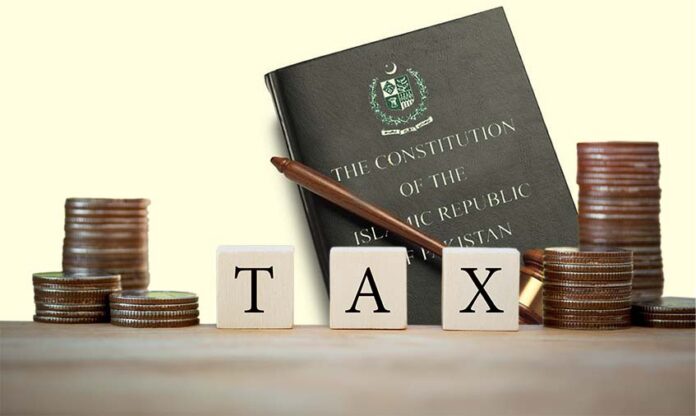A Supreme Court-formed committee has recommended establishing an Alternative Dispute Resolution (ADR) system within the Federal Board of Revenue (FBR) and provincial revenue departments to expedite tax dispute settlements and reduce the judiciary’s caseload, The Express Tribune reported.
The committee, which includes Supreme Court Registrar Saleem Khan and legal and tax experts, suggested that ADR decisions be final and not subject to further appeals by revenue authorities to prevent unnecessary litigation.
The move comes amid concerns over a large backlog of tax-related cases, which not only hinders revenue collection but also overburdens the judicial system.
During a meeting chaired by Chief Justice Yahya Afridi on November 7, 2024, officials revealed that 108,366 revenue-related cases, involving Rs4,457 billion, were pending in the country’s high courts.
Additionally, 6,000 cases remained unresolved in the Supreme Court, while 2,000 cases were stuck in various tribunals and courts due to prolonged stay orders, delaying potential recoveries worth billions.
The government has sought a resolution strategy, leading to the formation of the committee, which was tasked with identifying challenges and proposing legal and procedural solutions. The committee engaged with key stakeholders, including the Supreme Court Bar Association, the Punjab Tax Bar Association, and business groups, before finalizing its recommendations.
Among the proposals is the establishment of a dedicated ADR panel within the FBR to facilitate mediation, conciliation, and negotiation in tax disputes. The committee also urged the creation of an ADR unit within the Supreme Court to oversee and streamline dispute resolution mechanisms across state institutions.
To improve efficiency, the committee recommended forming special benches in the Supreme Court and high courts to exclusively hear revenue cases, ensuring quicker decisions. It also called for consolidating similar cases under a single bench to avoid delays caused by fragmented hearings.
Additionally, the committee recommended the appointment of qualified officers in appellate tribunals and the introduction of performance benchmarks to evaluate their efficiency. It also emphasized that stay orders in tax cases should be resolved within legally stipulated timeframes to prevent prolonged litigation.
The Supreme Court has been requested to consider increasing the number of judges handling tax cases, alongside improvements in case management and court procedures, to address grievances from taxpayers and legal representatives. The recommendations, if implemented, could significantly reduce the backlog of revenue cases and streamline Pakistan’s tax dispute resolution framework.
























